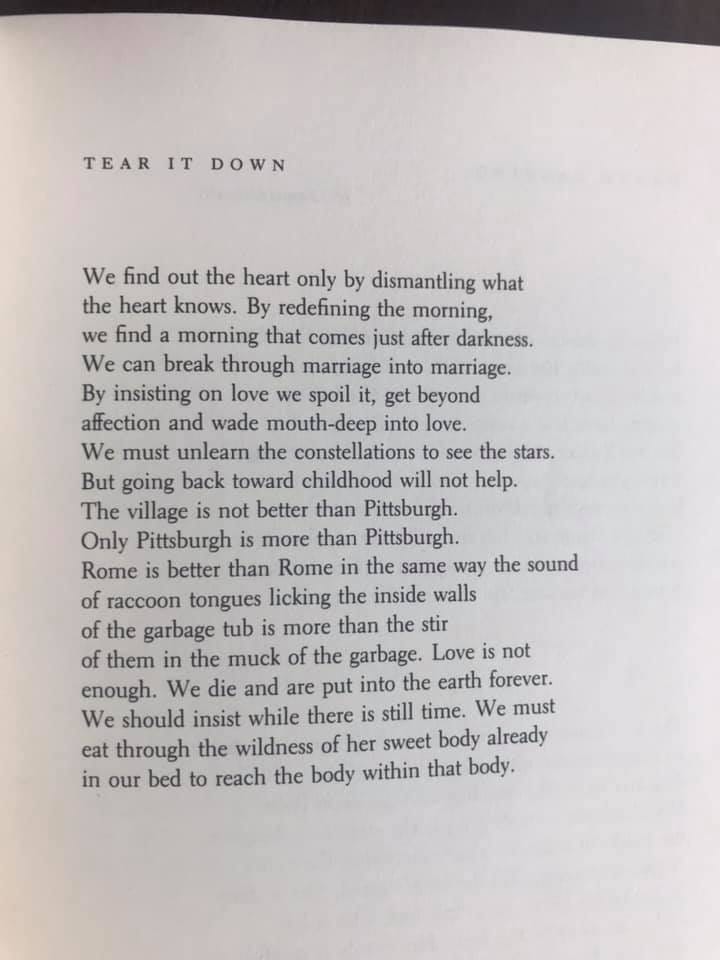"Cooled my mind."
Cavafy, Ritsos, Dickinson, Gilbert, Justice, Sappho, Morrison, O'Hara
C.P. Cavafy (trans. Edmund Keely and Philip Sherrard):
Yannis Ritsos:
Emily Dickinson:
Jack Gilbert:
Donald Justice:
Sappho (trans. Anne Carson):
INTERVIEWER:
Why do writers have such a hard time writing about sex?
TONI MORRISON:
Sex is difficult to write about because it’s just not sexy enough. The only way to write about it is not to write much. Let the reader bring his own sexuality into the text. A writer I usually admire has written about sex in the most off-putting way. There is just too much information. If you start saying “the curve of . . .” you soon sound like a gynecologist. Only Joyce could get away with that. He said all those forbidden words. He said cunt, and that was shocking. The forbidden word can be provocative. But after a while it becomes monotonous rather than arousing. Less is always better. Some writers think that if they use dirty words they’ve done it. It can work for a short period and for a very young imagination, but after a while it doesn’t deliver. When Sethe and Paul D. first see each other, in about half a page they get the sex out of the way, which isn’t any good anyway—it’s fast and they’re embarrassed about it—and then they’re lying there trying to pretend they’re not in that bed, that they haven’t met, and then they begin to think different thoughts, which begin to merge so you can’t tell who’s thinking what. That merging to me is more tactically sensual than if I had tried to describe body parts.
Frank O’Hara:
About Sean Singer
Sean Singer Editorial Services
Upcoming Workshops at the Hudson Valley Writers Center
Six-week Class: Poetry as Thought. Thursdays from 7:00 - 9:00 p.m. on Zoom. January 7 - February 11, 2021.
Seminar: How to End Poems. Sunday, January 10, 2021 from 12:30 - 4:30 p.m. on Zoom.
Seminar: How to Use Enjambment and Line Endings. Saturday, March 20, 2021 from 12:30 - 4:30 p.m. on Zoom.
Subscribe to The Sharpener
The paid-subscriber version of The Sharpener includes craft pieces on literary fixes, deep dives into poets on their birthdays and memorials, information about professional literacy and labor issues for writers, and detailed citations and analyses of the poems I’m reading.









